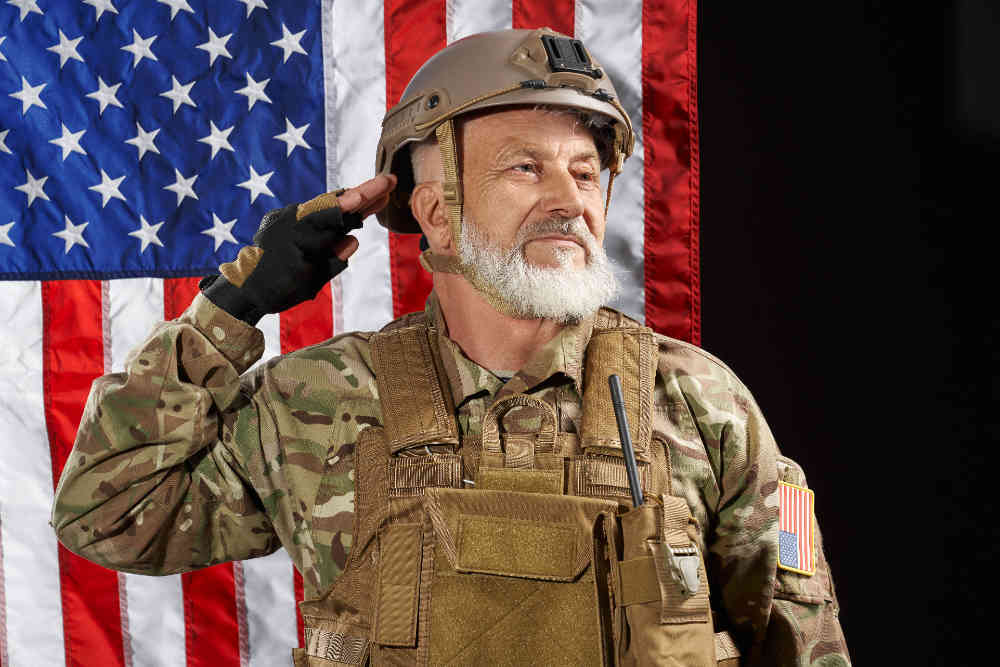Transitioning from military service to civilian life can bring unexpected challenges. It’s not just about finding a new routine—it’s about navigating systems, rethinking career paths, and addressing unique needs that many civilians don’t face. Let’s explore ten common roadblocks veterans encounter and, most importantly, how to tackle them head-on.
1. Accessing the Benefits You Deserve
It’s no secret that navigating the maze of veteran benefits can feel overwhelming. From healthcare to disability compensation, the paperwork and processes can leave you frustrated. If you’re struggling to access what you’re entitled to, you’re not alone. Fortunately, organizations like J4V specialize in supporting veterans and ensuring they get the assistance they need. Don’t hesitate to reach out for help—it’s what they’re there for.
2. Finding Meaningful Employment
Many veterans find that translating military experience into civilian job qualifications isn’t as straightforward as it should be. Does this sound familiar? Employers might not fully understand your skills, or you might struggle to identify roles that match your abilities. The solution lies in resources like veteran-specific job boards and programs that help bridge this gap. Networking can also be a game-changer. Reach out to former service members in your area—they’ve been there and can often offer invaluable advice.
3. Adjusting to Civilian Culture
Transitioning to a civilian workplace or community can feel like entering a completely different world. Things like office politics or casual communication styles may catch you off guard. The good news is that you’ve already adapted to countless situations during your service. Treat this as another mission: observe, learn, and adapt. Engaging in veteran-focused social groups can also ease the cultural adjustment by connecting you with others who understand your experiences.
4. Managing Mental Health
The mental health challenges faced by veterans are well-documented, but seeking help doesn’t always come easy. Whether it’s PTSD, anxiety, or depression, addressing these issues can make a world of difference. Therapy, support groups, and even mindfulness techniques can be incredibly effective. Remember, seeking help is not a sign of weakness; it’s a step toward strength and resilience.
5. Building Financial Stability
Military life often comes with steady pay and benefits, but transitioning to civilian income structures can throw some curveballs. Have you ever found budgeting more complex post-service? You’re not alone. A strong financial plan is your best ally. Consider connecting with a financial advisor who specializes in working with veterans. They can guide you through everything from budgeting to navigating your benefits and maximizing your resources.
6. Accessing Quality Healthcare
While veterans are eligible for healthcare services, accessing them isn’t always smooth sailing. Long wait times or a lack of clarity about what’s covered can be major barriers. Start by ensuring you’re registered with the VA and understand the services available to you. If you’re struggling to get appointments, advocacy groups can often step in to help. Staying persistent is key—it’s your health, and it matters.
7. Losing the Sense of Community
One of the hardest parts of leaving military service is losing the camaraderie of your unit. Do you miss that sense of belonging? Many veterans do. The solution might be simpler than you think. Joining local veteran organizations, volunteering, or even engaging in online communities can help rebuild that connection. Surrounding yourself with people who “get it” can make all the difference.
8. Physical Health Challenges
Injuries or wear and tear from years of service can stick with you long after leaving the military. These physical challenges can affect everything from your ability to work to your overall quality of life. Staying proactive with your health is crucial. Regular checkups, physical therapy, and staying active (as much as your body allows) can improve your well-being. Don’t ignore your body when it’s asking for attention—it’s earned the care.
9. Balancing Family Dynamics
Military life can strain family relationships, and the shift to civilian life may not automatically fix things. Are you finding it hard to connect with loved ones after years of service? Open communication is key here. Talk about what you’re going through, and listen to their perspectives too. Family counseling or support groups can also provide tools to strengthen those bonds and rebuild connections.
10. Setting New Goals and Finding Purpose
Military service often gives a clear sense of mission and purpose. When that’s gone, it’s easy to feel adrift. Have you ever wondered, “What’s next for me?” Many veterans face this challenge, but it’s also an opportunity. Think about what truly excites you—whether it’s a new career, education, or even a hobby you’ve always wanted to try. Setting goals and working toward them can reignite your sense of purpose and give you direction.
Take Charge of Your Journey
Adjusting to life after service is no small feat, but every challenge you face has a solution. The most important thing is to remind yourself that you’re not alone. There are organizations, communities, and tools ready to support you. Whether it’s accessing benefits, finding work, or reconnecting with family, taking small steps toward your goals can lead to big changes. You’ve already proven your strength in countless ways—now it’s about applying that same determination to build the life you want.










